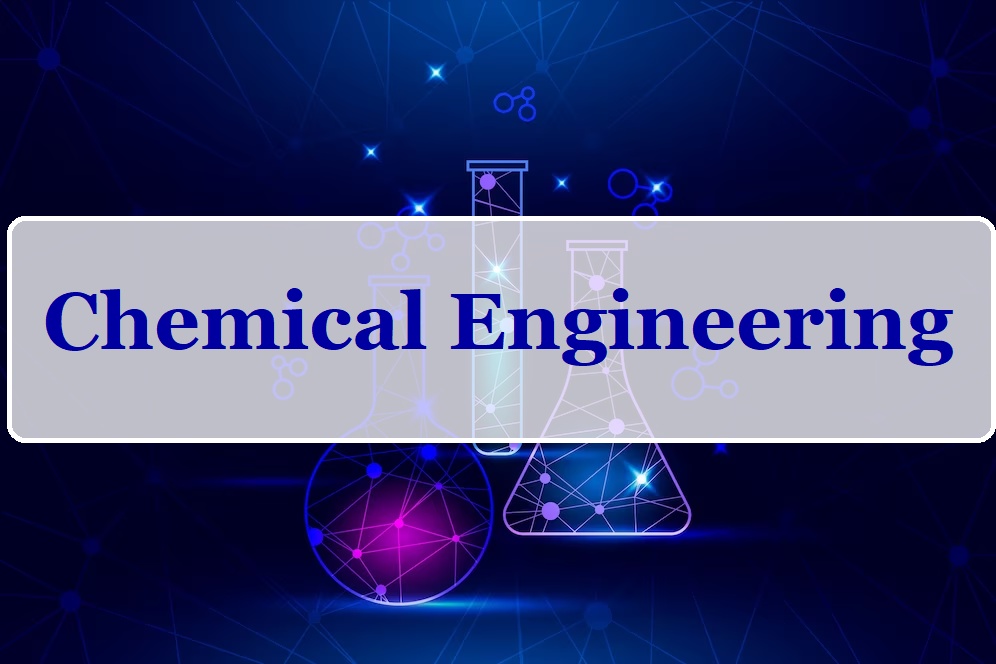The intersection of chemical engineering and the pharmaceutical industry presents a fascinating and lucrative career pathway. For students considering chemical engineering admission and those already enrolled in B Tech chemical engineering colleges, understanding the potential for a rewarding career in the pharmaceutical sector is essential. This industry, ever-evolving and critical to global health, offers a variety of roles that are both challenging and impactful. From drug development to production, chemical engineers play a pivotal role, leveraging their unique skill set to drive innovation in healthcare.
The Role of Chemical Engineers in Pharmaceuticals
Within the pharmaceutical industry, chemical engineers play crucial roles in diverse phases of drug development and manufacturing. Leveraging their expertise in chemical processes and comprehension of biological systems, they prove invaluable in the design, optimization, and scaling up of production processes. Their responsibilities encompass the development of secure, cost-effective, and efficient methods for manufacturing pharmaceutical products while ensuring adherence to quality standards and regulatory compliance.
Educational Path: Chemical Engineering Admission and Beyond
A career in this field typically begins with a Bachelor’s degree in chemical engineering. Prospective students should aim for chemical engineering admission in colleges known for their strong academic programs, industry links, and research opportunities. The curriculum in B Tech chemical engineering colleges provides a foundation in core concepts such as thermodynamics, process engineering, and biochemistry, all crucial for a career in pharmaceuticals.
Advanced Studies and Specialization
After completing a B Tech, some graduates choose to specialize further through postgraduate studies. Specializations relevant to the pharmaceutical industry might include biochemical engineering, process engineering, or pharmacology. These advanced studies often offer opportunities for research and hands-on experience in areas directly related to pharmaceutical engineering.
Career Opportunities and Placement after Chemical Engineering
Chemical engineers in the pharmaceutical industry can pursue a range of roles, including:
Process Development Engineer: Focused on designing and optimizing manufacturing processes for drug production.
Quality Assurance/Quality Control Engineer: Ensuring that products meet necessary standards and regulatory requirements.
Research and Development Engineer: Involved in drug formulation and testing new drug compounds.
Production Engineer: Overseeing the actual manufacturing and scale-up processes of pharmaceutical products.
Regulatory Affairs Specialist: Ensuring compliance with various government regulations in the production and distribution of pharmaceuticals.
Placement after chemical engineering in the pharmaceutical industry is highly competitive. Graduates should leverage internships, workshops, and the career services of their institutions to gain an edge in the job market.
Emerging Technologies and Innovation
The forefront of embracing new technologies is occupied by the pharmaceutical industry. There is a growing demand for chemical engineers with expertise in fields like nanotechnology, biotechnology, and data analytics. Their crucial role involves developing more efficient drug delivery systems, personalized medicine, and implementing sustainable manufacturing practices.
The Global Health Perspective
Working in the pharmaceutical industry as a chemical engineer is not just about career growth. It’s also about contributing to global health and wellbeing. Engineers are involved in developing treatments for diseases, improving public health outcomes, and responding to health crises like pandemics.
Challenges and Rewards
The pharmaceutical industry presents unique challenges, including strict regulatory environments and the need for continuous innovation. However, these challenges are met with significant rewards, both in terms of career satisfaction and the potential for high remuneration. Chemical engineers in this field are at the cutting edge of developing new medicines and technologies that have a real impact on people’s lives.
Skills for Success
Successful chemical engineers in pharmaceuticals possess a mix of technical and soft skills. These encompass a solid grounding in chemical engineering principles, problem-solving skills, meticulous attention to detail, and a grasp of regulatory and ethical considerations. Effective communication and teamwork are equally vital, given that engineers frequently collaborate in multidisciplinary teams.
Conclusion
The pharmaceutical industry offers a vibrant and fulfilling career path for chemical engineers. From the point of chemical engineering admission in reputed B Tech colleges, to securing placement after chemical engineering, the journey is filled with learning, innovation, and the opportunity to make a significant impact on society’s health and well-being. As healthcare continues to evolve, chemical engineers will remain key players in shaping the future of medicine and drug manufacturing. Their expertise not only fuels industry growth but also contributes to the betterment of global health, making it a truly noble and rewarding profession.


No comments yet